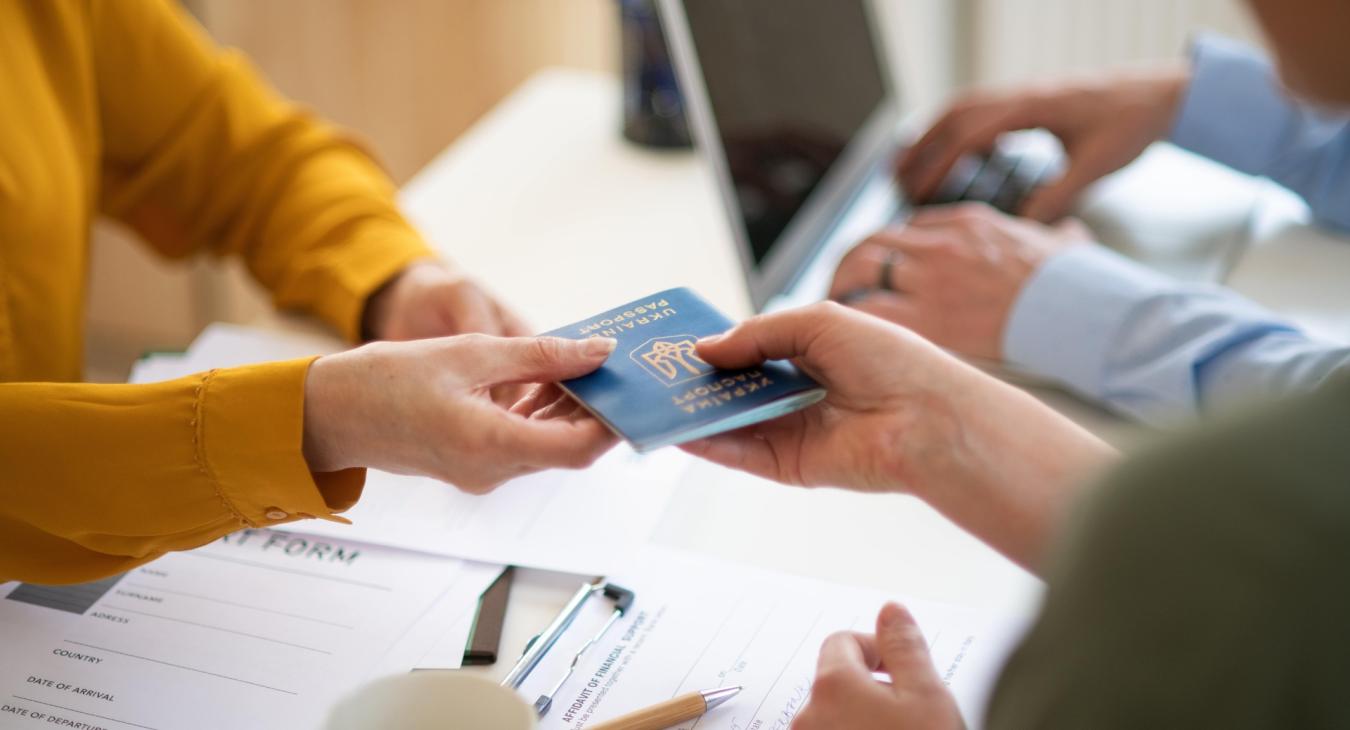Updated on 24/10/2022
After your registration has been completed, a date for an interview will be set. Your asylum interview is very important. At this interview, the State Agency for Refugees will determine if you will receive refugee status or subsidiary protection, or if you will be denied asylum. It is important to prepare what you will say.
You will be expected to convince the SAR official that you meet the requirements for international protection. You will have to describe your reasons for seeking international protection in detail.
Telling your story
Tell your story truthfully and in detail. Write it down before your interview to help you remember.
Mention:
- Dates and times of the events that forced you to leave your country
- Places where these events happened
- People involved in these events
Be prepared to answer detailed questions. For example: If you were a car mechanic, the interviewer may ask you the names of specific car pieces in your mother tongue or the name of the neighbourhood where you had a shop if this information is relevant to your asylum claim. The asylum service may ask:
Provide all relevant information about your asylum claim. That includes information about:
- Why you left your country
- Why you cannot return to your country
- How you came to Europe
Clearly explain any persecution you face at home. If you feel your claim deserves asylum, explain clearly why you fear persecution because of your:
- Race
- Religion
- Nationality
- Political opinion or
- Membership in a particular social group
Questions SAR asks
SAR does not publicly provide official interview questions. However, SAR commonly asks for the following information:
- Whether you feel in good health and are able to do the interview
- Whether you agree to use the presented translator for your interview
- Your identity
- Whether you have any ID documents
- How you came to Bulgaria, which countries you passed through, and how long you stayed in these countries
- The reasons you left your country of origin (or the country where you used to live, if you are a stateless person)
- The reasons you cannot or do not wish to return to that country
- Whether you were persecuted or tortured
- All facts and evidence concerning your reasons for seeking international protection
- Your family members
- Whether you have family member in other EU countries
- Your ethnic group
- Your religious background, and whether you were persecuted based on your religious background
- Where in Europe you would like to go
- Your educational background
- Whether you are willing to return to your country when the war is over
- Languages you speak
- Your past jobs
What to bring
Bring all the official identity documents you have.
These include:
- Your registration card
- Your passport or any other ID card, if you have them
Bring all the documents you brought with you from home or that you got throughout your journey.
Examples:
- Family book
- Birth certificates
- Marriage certificates
- Military books
- Educational diplomas
- Language school certificates
You should bring any documents that support your claim during your interview.
Examples:
- Letters and emails from friends
- Photos
- Medical reports
- Police reports
- Newspaper articles
- Facebook posts
- WhatsApp messages
- Transport tickets
You can bring:
- Original documents
- Hard copies or clear photographs of your documents
SAR does not accept electronic copies.
Rights during the interview
- During the interview, you will be asked if you feel in good health, if you understand the translation and if you agree to have the present official to be your interviewer. If the answer to any of these questions is no, you have a right to postpone the interview to a later date.
- You have a right to a translator, who will ensure interpretation into a language that you understand.
- You have a right to request an interviewer and translator of the same gender. (For example, if you are a woman you may ask for a female interviewer and translator.)
- During the interview, you have the right to have a lawyer or a defender present.
- The transcript (also known as “protocol”) from the interview must be read and translated to you before you are asked to sign it. You have the right to refuse to sign the transcript, if it has not been read or translated to you in its entirety or if it is incomplete or inaccurate. Make sure that there are no mistakes and that your account has been recorded completely. Minor differences such as dates and years that do not correspond may be used as a reason to refuse your application.
- To avoid discrepancies between your statements and the written transcript from the interview, your interview should be audio recorded.
There might be more than 1 interview in order to clarify any inconsistencies established in the first one.
If you miss the interview
If you fail to attend an interview after being invited and within 30 days you do not provide a reason for missing the interview, the review of your application will be discontinued.
Your asylum procedure will be resumed if, within 9 months, you present yourself to a SAR official and declare that you wish your application to be reviewed again.
You can resume your asylum procedure only once.
- Log in to post comments
